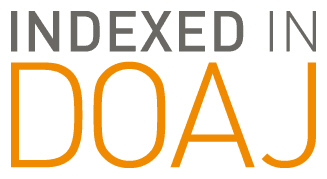Abstract
In the United States, all treatment programs receiving public funds are required by law to regularly submit admission and discharge data, inclusive of the forced/involuntary termination or administrative discharge of clients, to their local state authorities. In some states, this requirement even extends to programs not receiving public funds. The aim of collecting discharge data—collected under the auspices of the Substance Abuse and Mental Health Services Association [SAMHSA]—is to assist state and county authorities, funders, and accreditors to monitor recovery-focused program performance. However, investigation here undertaken shows that published discharge data from many state treatment settings are perennially and grossly underreported or misreported. This paper reports on evidence that point to systemic failure of regulatory supervision of treatment settings and the ethical breach in duty and consequent legal culpability in reporting medical data. Policy and practice implications are discussed.
Recommended Citation
Williams, Izaak L.
(2018)
"Involuntary Termination from Substance Use Disorder Treatment: Unknown Phantoms, Red Flags, and Unexplained Medical Data,"
Journal of Human Services: Training, Research, and Practice: Vol. 3:
Iss.
2, Article 1.
Available at:
https://scholarworks.sfasu.edu/jhstrp/vol3/iss2/1
Included in
Community-Based Research Commons, Counseling Commons, Counseling Psychology Commons, Health Psychology Commons, Multicultural Psychology Commons, Other Social and Behavioral Sciences Commons, Psychiatry and Psychology Commons, Public Health Commons, Race and Ethnicity Commons
Tell us how this article helped you.
